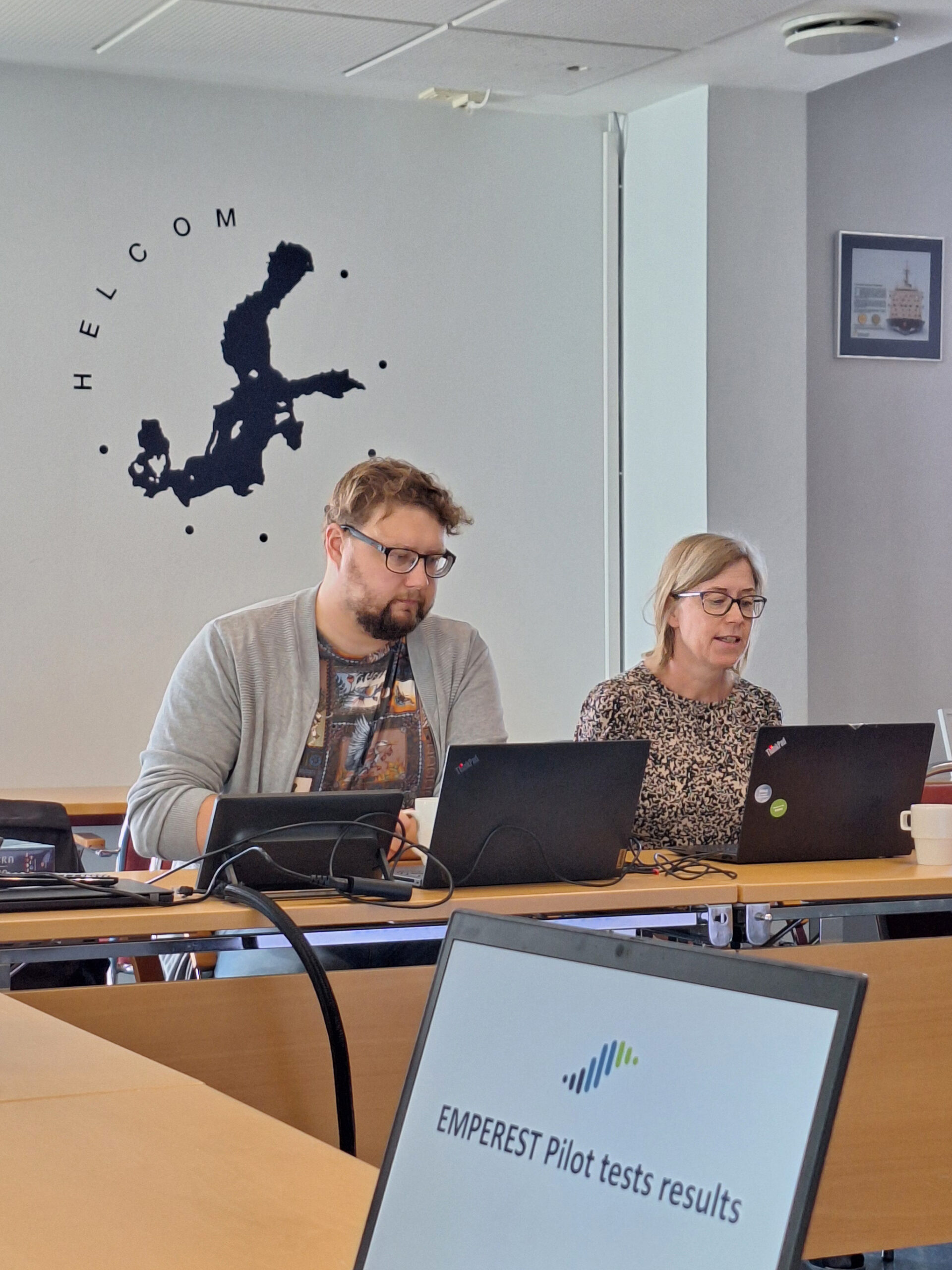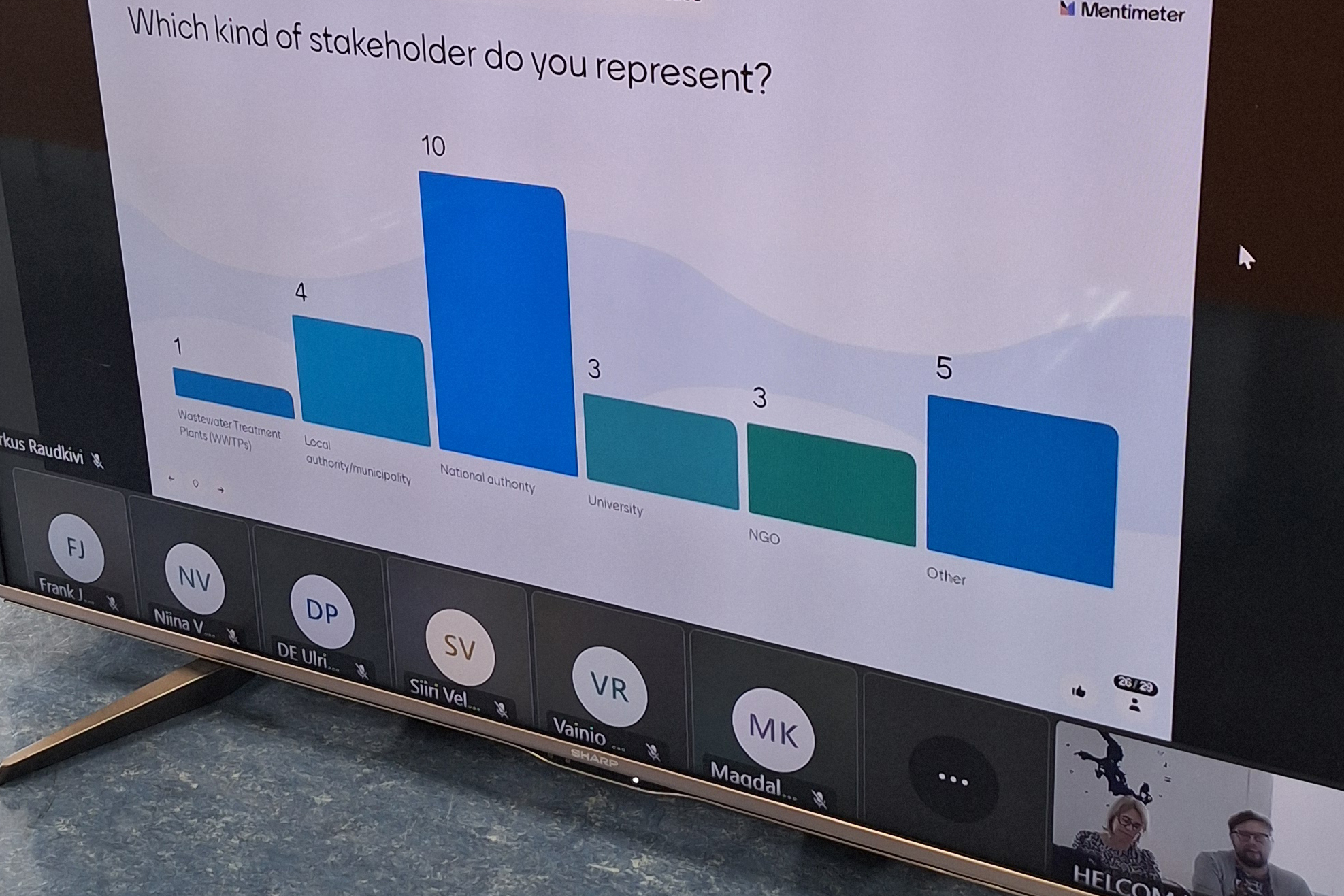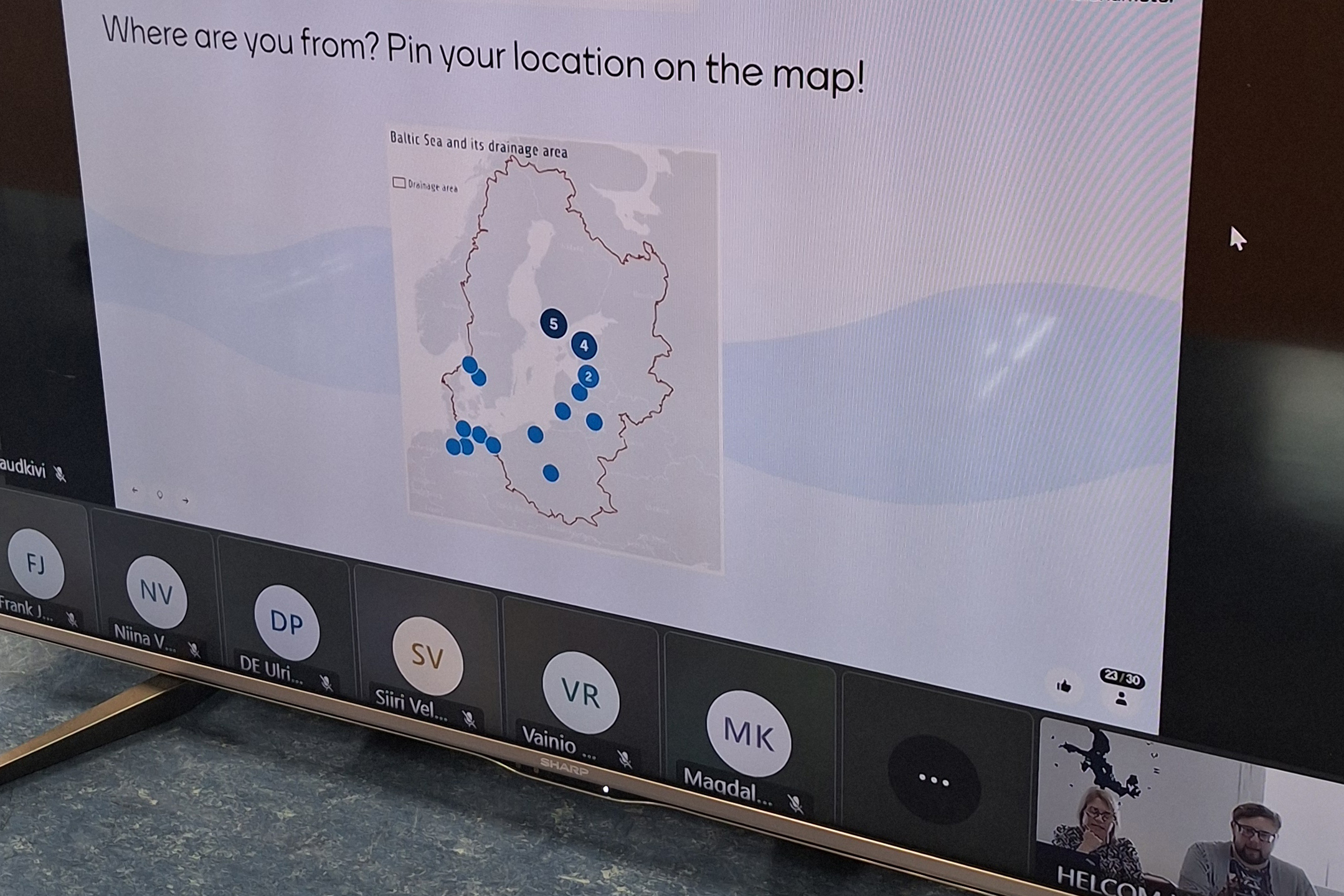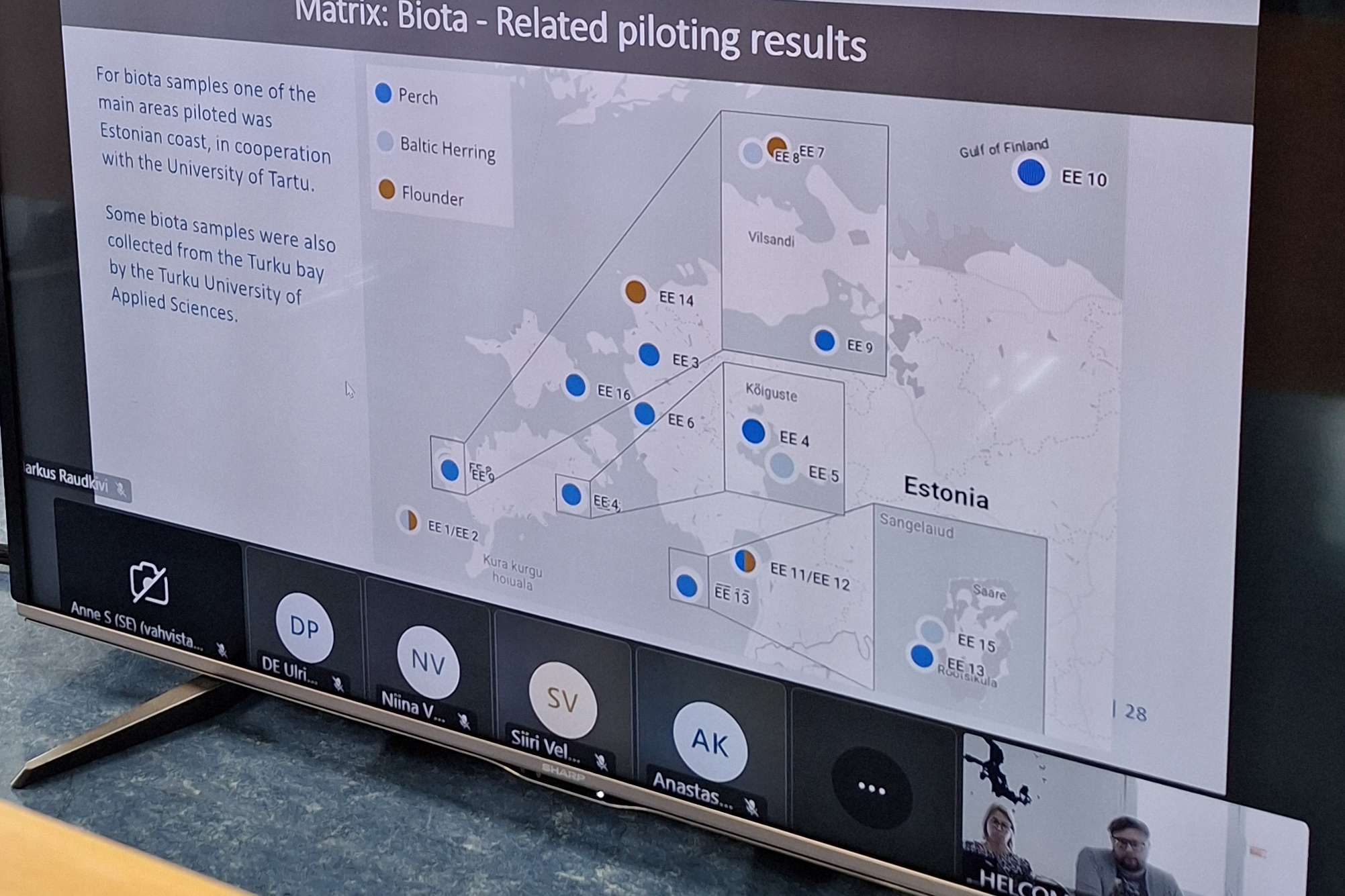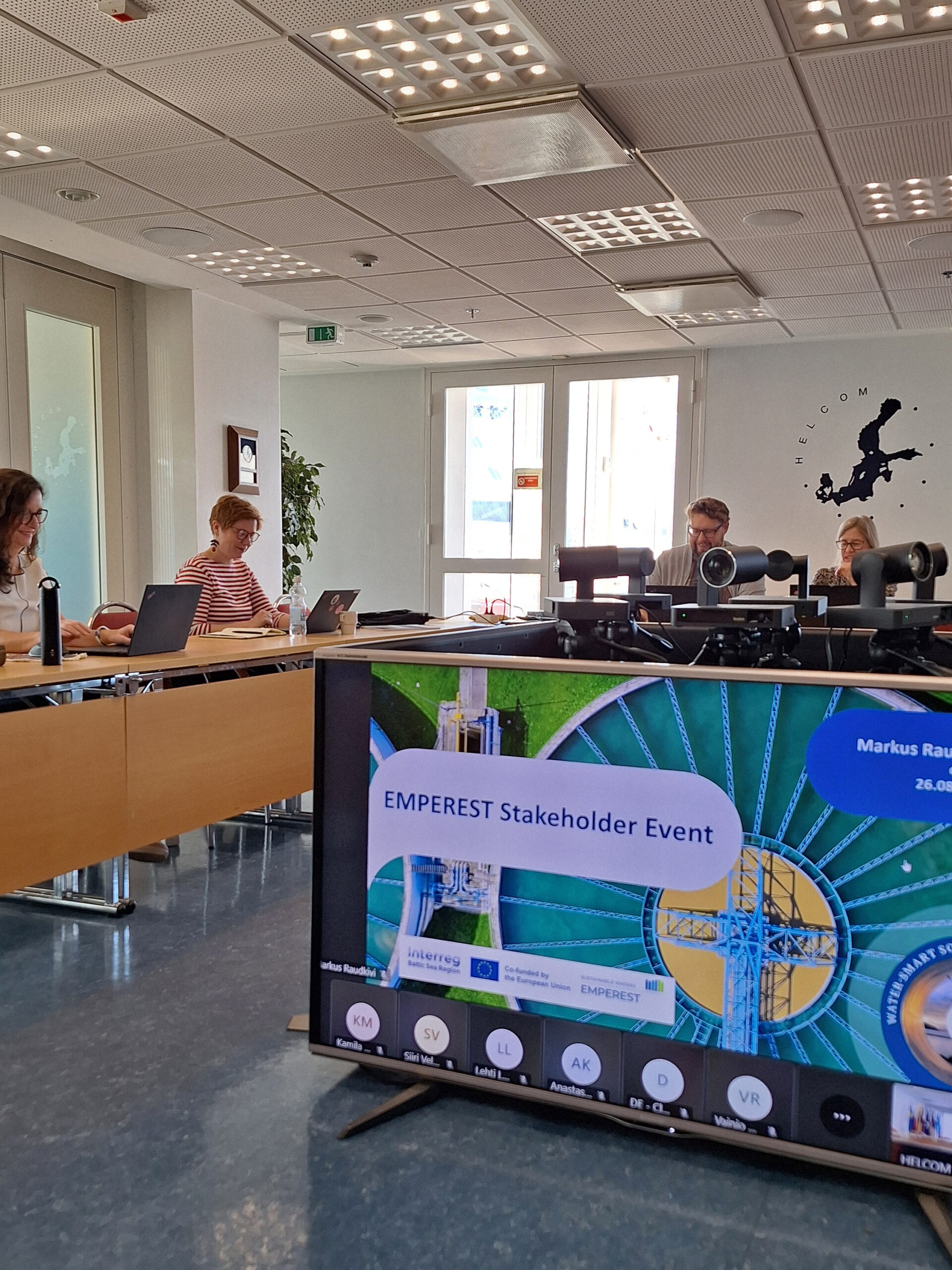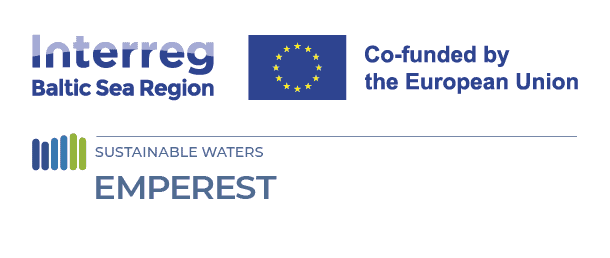
EMPEREST results presented to national authorities
29 August 2025
Held in an interactive hybrid mode, this event highlighted the ongoing revision of the European environmental quality standards directive (EQSD) in relation to various organic micropollutants, and the national legislative demands set by the recast Urban Waste Water Treatment Directive (rUWWTD). In these regulatory contexts, the EMPEREST results were showcased with the focus on the PFAS monitoring and assessment under the new EQS (document published in February 2025) and the lessons learned from piloting micropollutant removal at wastewater treatment plants (piloting ongoing at 7 WWTPs since April 2024).
This was not the first time that BSR national authorities heard about EMPEREST: they actively supported the development of the “Methodological recommendations for monitoring and assessment of PFAS” including their valuable contribution to the large data collection in 2023 (over 140 000 individual data points collected and processed from all over BSR!).
“New PFAS quality standards for water and biota are coming soon, based on human health protection, and will change our assessment of the current risk PFAS have in the Baltic Sea drastically,” emphasized Markus Raudkivi, project coordinator and main author of the PFAS monitoring and assessment recommendations, facilitating the stakeholder event.
The lively discussion and the Q&A session at the event holistically explored ongoing progress in legal developments and possible future avenues of what it means to remove PFAS and other organic micropollutants. While the European directives are complex and not always directly translatable into concrete actions on the local level, and the question of financing remains the cornerstone of most discussions, there are still good news: technologies to fulfill rUWWTD requirements are well-known and are ready for full scale implementation. EMPEREST has tested their different combinations to establish micropollutant removal efficiency – combined results of the technology piloting will be published in September 2025.
Join the EMPEREST project in Berlin to explore the full range of results of this ambitious project, and be part of the key European discussion on the future of water! We welcome everyone to our final conference on 19-20 November 2025.
